News & Events | About PKU News | Contact | Site Search
Peking University, Mar. 2, 2011: Wu Jieping, founder of China's urinary surgery science, passed away on Wednesday in Beijing at the age of 94.
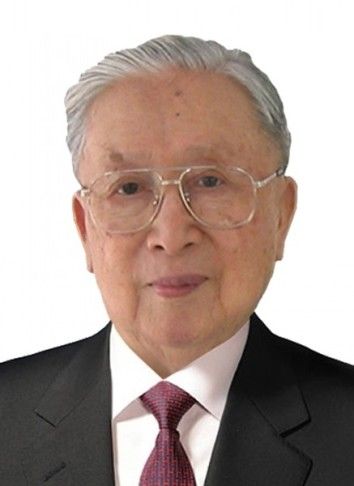
Professor Wu Jieping (1917-2011)
A native of Changzhou, east China’s Jiangsu province, Wu Jieping studied medicine at Yenching University from 1933 to 1936, before he graduated from Peking Union Medical College with a doctorate.
Wu became a member of the PKU faculty in 1946. He went to the University of Chicago to study urological surgery from 1947 to 1948. In Chicago, Wu worked under Charles Huggins, who was to win a Nobel Prize for his breakthroughs in endocrinotherapy in clinical oncology.
In 1952, PKU Medical School was separated from Peking University and became an independent institution named Beijing Medical College (BMC).
Wu joined the Jiu San (September 3) Society in 1952, and served as its chairman from 1992 to 2002. He was also vice chairman of the eighth and ninth Standing Committee of the National People's Congress, China's top legislature.
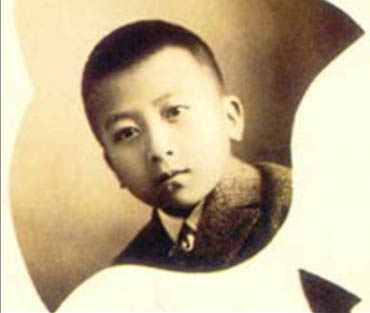
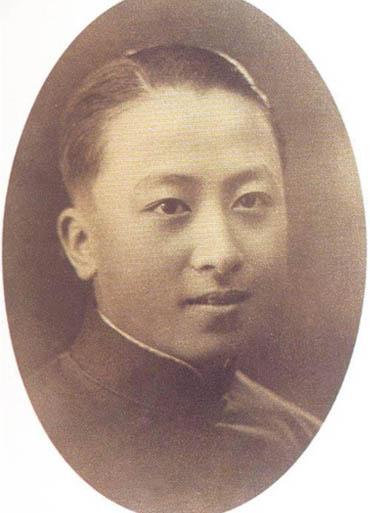
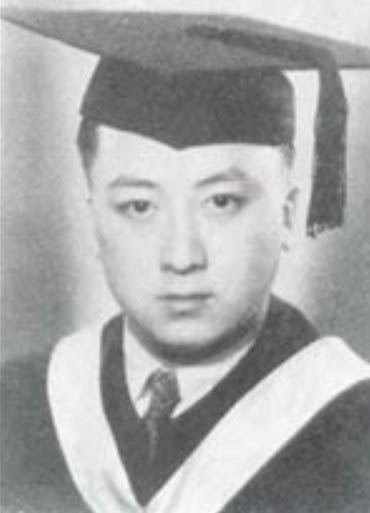
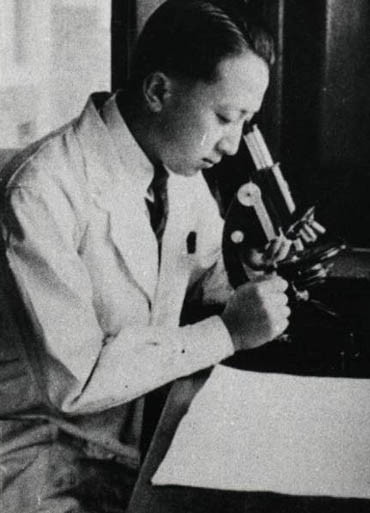
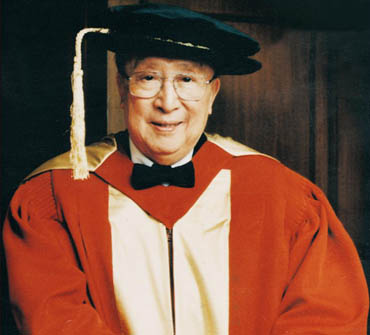
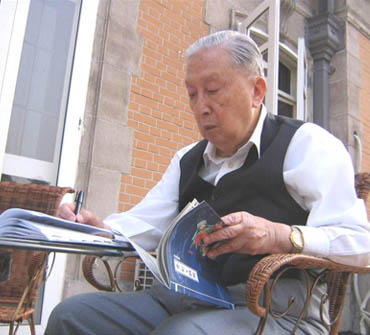
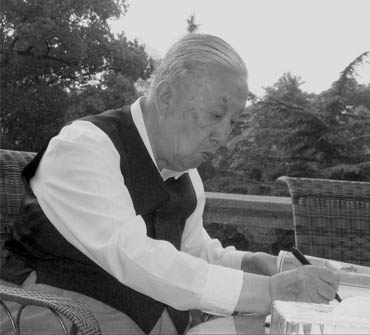
Wu Jieping (File photo/PKU Wu Jieping Urology Center)
Wu is widely recognized as a medical pioneer in China and is one of China's most illustrious medical practitioners. With Wu's efforts, the urological department at BMC ascended to China's top level in that field. Wu also played key roles in the development of some of China's best medical schools and associations, including Capital Medical College, Peking Union Medical University, the Chinese Medical Association, and the Family Planning Association.
Wu Jieping devised a number of innovative surgical techniques, including the use of a special urethral catheter for prostate hyperplasia surgery. His team performed the first successful cadeveric kidney transplant in China in 1960.
Wu's achievements earned him positions on a wide range of Chinese and international medical organizations in the fields of gerontology, family planning, organ transplants, and surgery.
Wu was also a pioneer in promoting sex education in New China. He edited the first Chinese book on sexual medicine in the early 1980s. The revolutionary work became "unbelievably popular," according to a CCTV interview.
"My only purpose is to liberate people from the 'traditional' idea that the topic of sex is not to be touched upon," said Wu.
The Wu Jieping Medical Foundation, a charity to promote health science research and development, is named after Professor Wu.
Wu's career was widely recognized as "Zhongnanhai's doctor" because he served as personal physician of China's top leaders from the 1950s. Among his clients, the most notable was late Premier Zhou Enlai.
Wu witnessed late Premier Zhou's last words. "I still recall that: 'Doctor Wu,' as Premier Zhou always called me, 'Doctor Wu, many people are in need of you. Please leave me alone now as I have nothing more to bother you with.'"
Wu held various titles ranging from "president," "chairman," "member of both CAS and CAE" to "top physician of Red China." "However, I prefer 'Doctor Wu' among them all," said Wu.
Edited by: Jacques
Source: Agencies